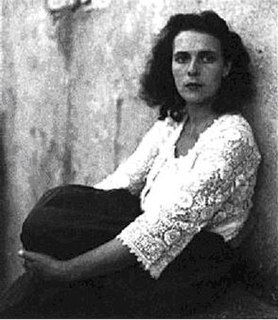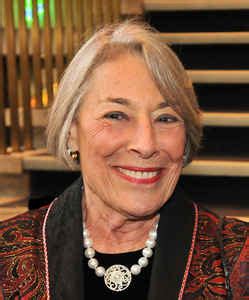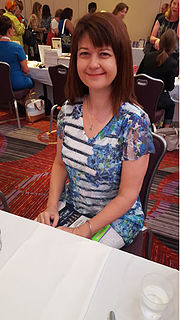A Quote by Charles Darwin
I have long discovered that geologists never read each other's works, and that the only object in writing a book is a proof of earnestness.
Quote Topics
Related Quotes
My books are based on the "what if" principle. "What if you became invisible?" or "What if you did change into your mother for one day?" I then take it from there. Each book takes several months in the long process of writing, rewriting, writing, rewriting, and each has its own set of problems. The one thing I dislike about the writing process is the sometimes-loneliness of it all. Readers only get to see the glamour part of a bound book, not some of the agonizing moments one has while constructing it.
When you publish a book, you do so in part to end the silence. All censorship is silence. I would never, as an author, feel right requiring a young person whose family would object to the book to read it. Just as I would never force that person to read it, I would ask those folks to not force others not to read it. To me, that is just good manners.
The object we call a book is not the real book, but its potential, like a musical score or seed. It exists fully only in the act of being read; and its real home is inside the head of the reader, where the symphony resounds, the seed germinates. A book is a heart that only beats in the chest of another.
You learn so much with each book, but it's what you teach yourself by writing your own books and by reading good books written by other people - that's the key. You don't want to worry too much about other people's responses to your work, not during the writing and not after. You just need to read and write, and keep going.
We are great mysteries. No matter what we imagine we may know, even for all the facts we might gather, we don't know each other. Never do, probably never will. Our reputations depend on the opinions of the ill informed. We all have better moments than anybody ever knows, and so do all the others. We are, each one of us, books that are read by critics who only glanced at the chapter headings and the jacket flap. Each one of us is a secret, and on that basis we ought to treat each other with the deepest respect.




































